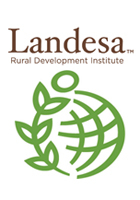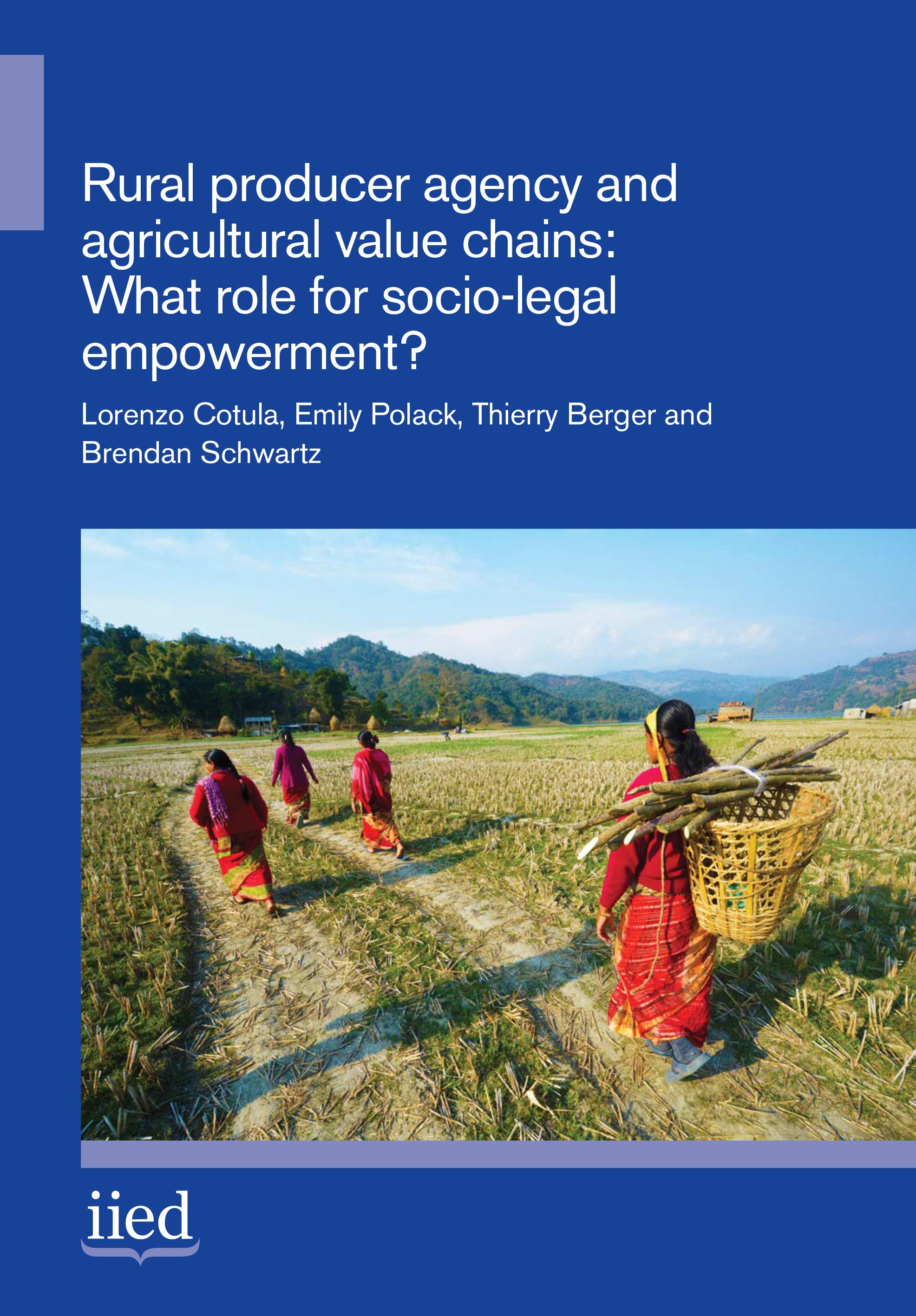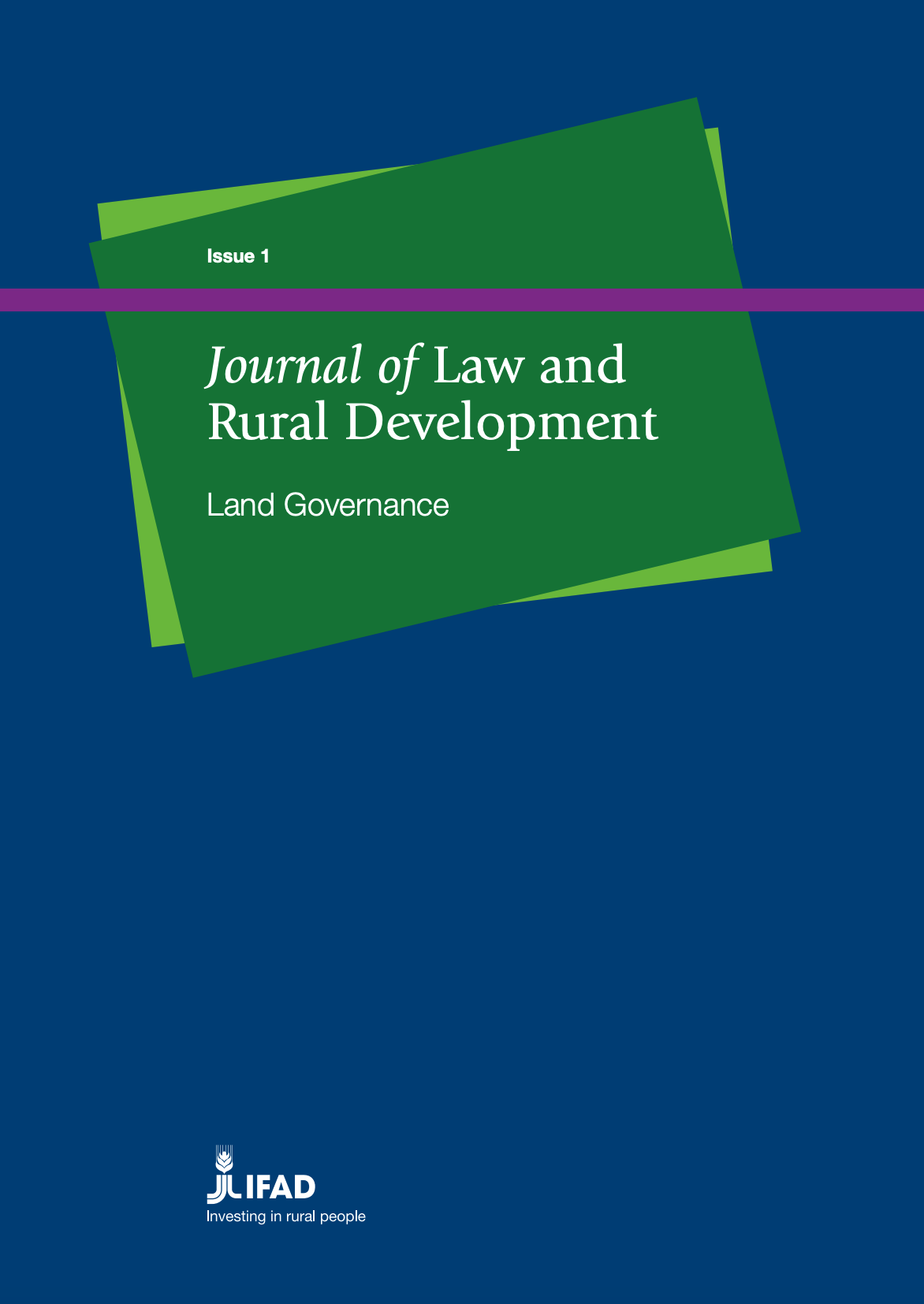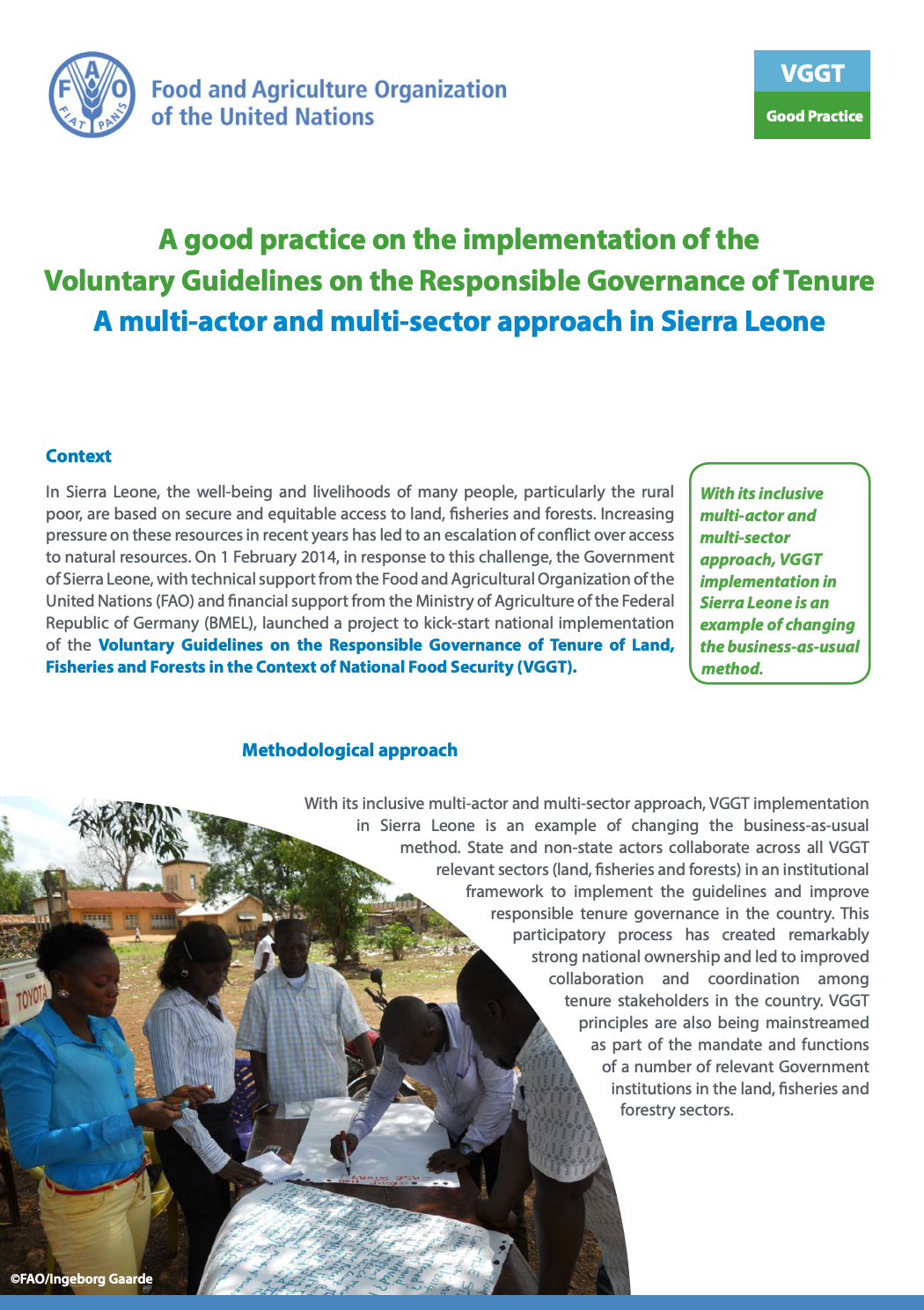Effects of land titling and registration on tenure security and agricultural investments: Case of Gataraga sector, Northern Rwanda
Rwanda has undertaken a land registration and titling program since 2008 with a registration of 10.3 million land parcels in 2013. The aim of this paper is to investigate the early effects of the program on tenure security and agricultural investments since few studies have been carried out in this research area. The study was undertaken in Musanze district in Northern Rwanda, with specific focus on Gataraga sector and it draws on a mix of qualitative and quantitative research methods. The findings indicate that the program led to reduced land conflicts and improved tenure security.







